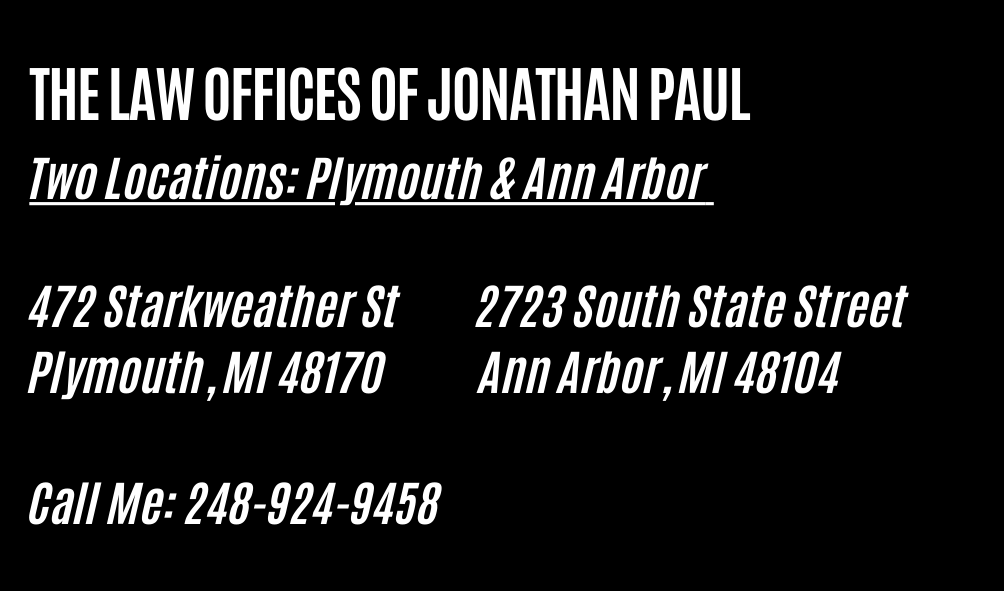Key Elements of MDOP in Michigan
The prosecution must establish the following points for an MDOP conviction:
- The damaged or destroyed property was not owned by the defendant.
- The defendant intentionally inflicted the damage.
- The defendant knew their actions were wrong and had no valid reason for them.
- The monetary amount of the damage, which categorizes the offense.
Offense Levels and Penalties
- Damages under $200 can result in a 93-day misdemeanor.
- Damages between $200 and $1,000 are classified as a one-year misdemeanor.
- Damages exceeding $1,000 but below $20,000 may lead to a felony charge.
- Damages over $20,000 can result in a more severe felony with increased jail time.
Note that if there are multiple incidents involving the same parties within a year, the prosecution may add the damages together based on their "fair market value."
The Importance of Intent
In Michigan, MDOP is considered a specific intent crime. This means that if you did not intentionally cause the damage, you could be entitled to a not-guilty verdict.
Possibility for Negotiation
It's often feasible to negotiate an MDOP charge down to a lesser offense if you are willing to pay restitution to the victim. This could even result in a felony being reduced to a misdemeanor.
Your Journey Ahead in the 52nd District Court - Division 3
Facing an MDOP charge in the 52nd District Court - Division 3 is undoubtedly a stressful experience. But it's also an opportunity to reassess, learn, and grow. With tailored guidance that takes into account the specific nature of this court, you have the chance to engage proactively with your situation.









